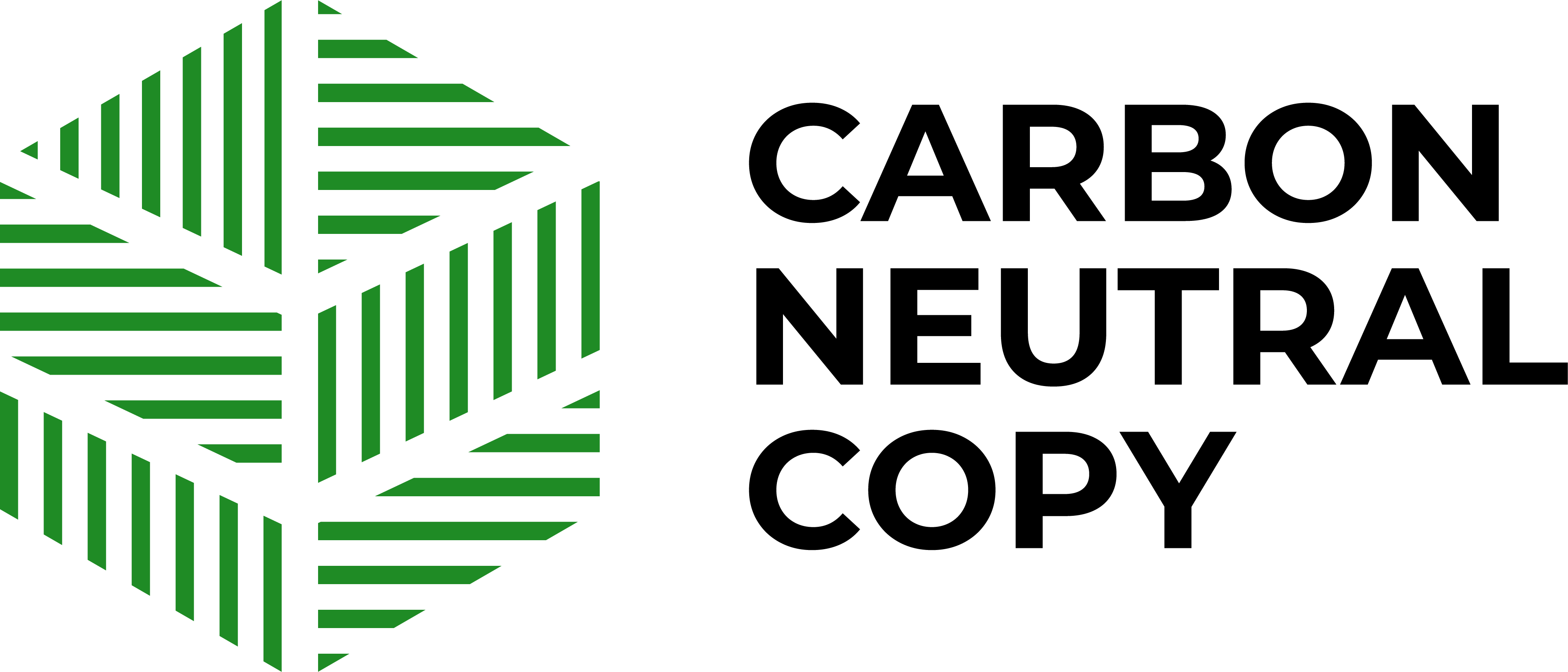Small Footprint, Big Impact: How 3 Tech Companies Are Using Their Platforms for Good
Companies like Asana, Chegg, and ZoomInfo are using their platforms to try to make a better impact.

Tech companies — especially those that provide digital services, like SaaS companies — might seem like they’re sustainable by default. If you’re not manufacturing physical products, shipping them around the world, dealing with product waste disposal, etc., then perhaps you think your business doesn’t need to look too deeply at its environmental impact.
But the reality isn’t always so simple.
“On the one hand, technology has revolutionised renewable energy and other green appliances. On the other hand, it has become everything we use all the time – our phones, our transport, work, and entertainment – which requires a lot of energy,” writes The Eco Experts.
As a whole, the tech industry accounts for around 1 billion tons of greenhouse gas emissions per year, according to The Eco Experts. That’s roughly half of what the fashion industry emits, and other industries like agriculture and manufacturing/construction create several times more emissions.
Still, these tech emissions add up. They’re nearly as much as the total annual emissions of all U.S. homes, based on the EPA’s greenhouse gas equivalencies calculator.
And even if tech companies have small footprints relative to other types of businesses, they can often have an outsized impact by using their societal influence and technologies to lead stakeholders down a more sustainable path.
Here, we’ll examine how three popular tech companies—Asana, Chegg, and ZoomInfo—are using their platforms (literally and figuratively) to work toward a more positive future.





